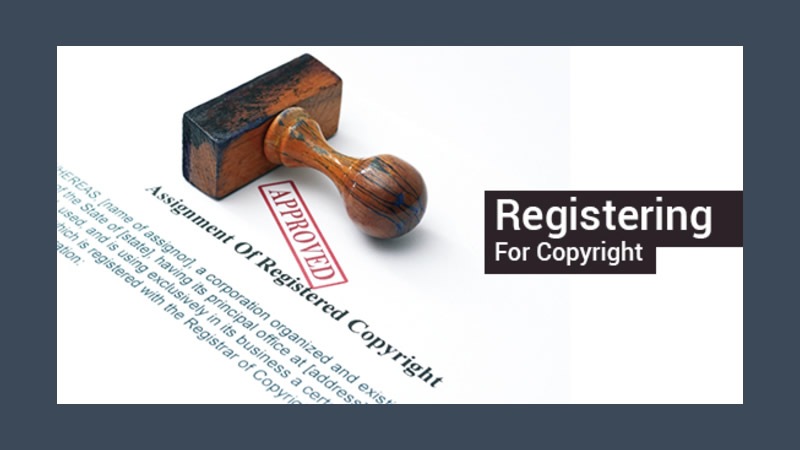All About Copyright Registrations

Many of us understand that copyright registrations are a way of protecting an individual’s creative work. For most of us, the understanding stops there! It’s important to have a thorough understanding of copyright registration, in order to protect yourself, and the work you produce.
What Types of Work can I Register?
The short answer is that any original, recorded, creative work can be registered. Specifically, this means that the following may all be protected under copyright:
- Texts: Fiction, poetry, nonfiction, scripts, screenplays.
- Recordings: Music, spoken word, speeches, other recorded performances.
- Visual material: Painting, drawings, logos, designs, photographs, film.
- Web material: Websites, databases.
What Can’t I Register? Copyright registry can only be applied to original, creative work that is physically presented. Copyright is not the same as intellectual property, and ideas cannot be registered. Names or titles can be registered as trademarks, and may only be subject to copyright if part of a logo or other visual design. Published works are subject to other protection procedures and are not usually registered under Copyright, though it is possible to do so. How Do I Register? You can register your work through the Canadian Intellectual Property Office. Forms are available online. To register, you must have the following information:
- Title
- Category of work (Literary, Musical, Dramatic, etc.).
- Date and place of first publication, if the work is published.
- Owner(s) of copyright, including full name, address, and other contact info.
- Author of work (this may be different than the owner of the copyright).
- Declaration that the applicant is the author of the work, the owner of the copyright, or an assignee of the owner.
What Are The Benefits? If you register a work, you are protecting it from theft, plagiarism or any other unauthorised use. By protecting your ownership, you can avoid any legal issues down the road which can be long and costly. Copyright registration promises the owner a lifetime of protection. Copyright lasts for the life of the author, plus another fifty years, after which the work becomes public domain, with some exceptions. We’ve all heard stories of drawn-out court cases involving the theft or plagiarism of creative work. Protect your valuable work by obtaining a copyright, sooner rather than later.


